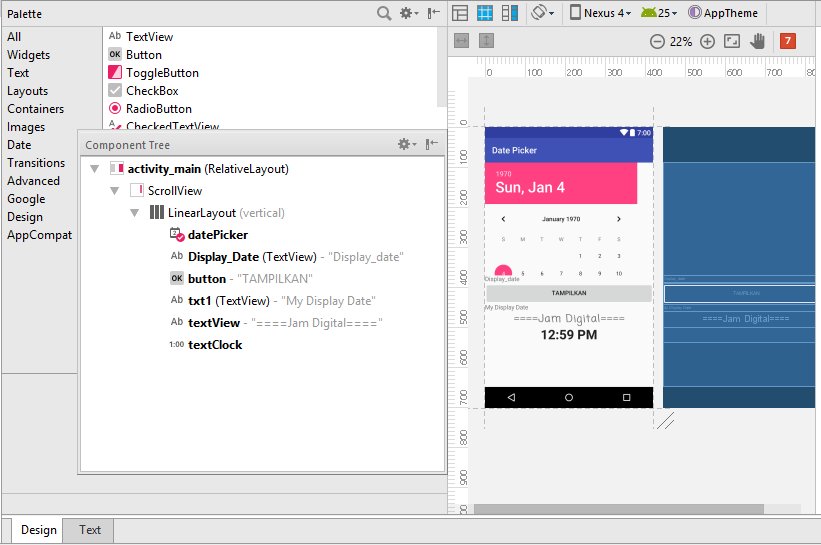


import .* ĭateTime firstMomentOfToday = now.withTimeAtStartOfDay() If your project uses the joda-time jar file, you can use the following code for accomplishing this, although we recommend using the second technique where we use the java.time package classes. In the code below we have used class which doesn't take into consideration the timezone, so if you don't care about the timezone and want minimum code for some sample application, use it. You can use the following code too, to get the same output. Here is the code utilising the java.time classes: The java.time package is close to joda-time library which provides many advanced functions for date and time processing. With Java 8, the new java.time package was introduced which came with many better options than and class. But if your usecase doesn't worry about the timezone factor you can use this approach. This can be achieved using the Calendar class, but at times when we set the timezone to our specific timezone after creating a Calendar class instance, the results tend to vary.

the time of the start of the current day. When we say set time to start of day or midnight, we mean, if the date today is 3rd September 2019, and the time is any time of the say, when I run my code, I should get the date and time as 3rd Sptember 2019 00:00:00 AM i.e. We will do so using the legacy and Calendar class and we will also cover how this can be achieved using the Java 8 java.time classes like Instant, ZoneId, LocalDate etc. In this article we will cover how to initialize a date time object with time set as the start of the day or midnight or at 00:00:00 AM in Java.


 0 kommentar(er)
0 kommentar(er)
